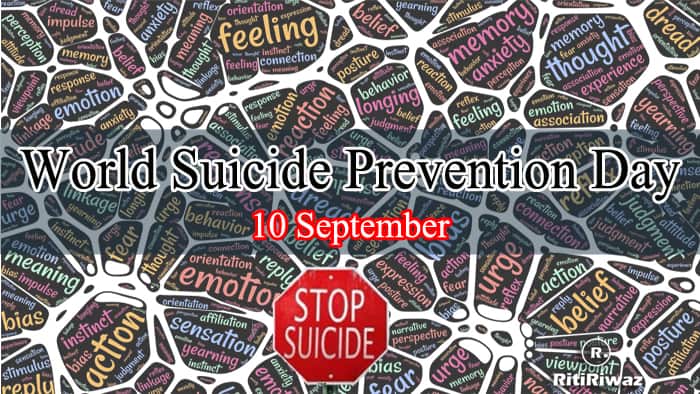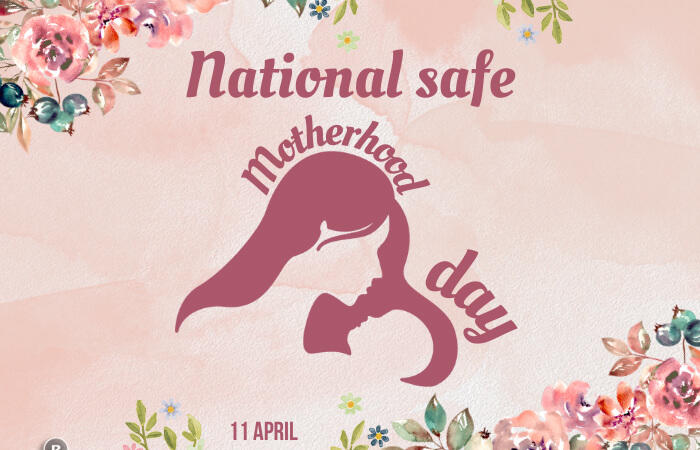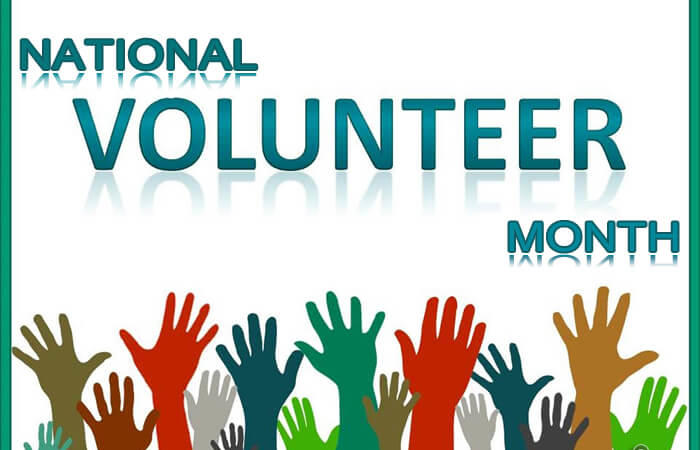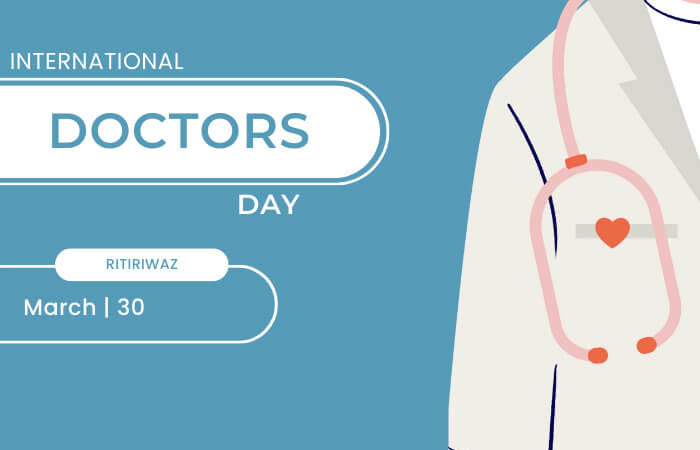World Suicide Prevention Day

The International Association for Suicide Prevention, in conjunction with the World Health Organization, organizes the observance of World Suicide Prevention Day on the 10th of September every year. Suicide may look differently depending on where we sit on a map, but the truth remains that the pain and suffering that causes and is caused by suicide cuts across every sociodemographic variable and exists in every corner of the world.
World Suicide Prevention Day (WSPD) 2024 theme is “Change the Narrative.”
Suicide occurs all over the world and can take place at almost any age. Suicide is preventable, though many of us have either been impacted by it or know of someone who has. Suicide is not someone else’s problem-it’s everyone’s problem. Developing and maintaining connections, and strengthening our capacity to listen to those in need, are ways we can help build relationships with others and better assist individuals who may be at risk.
The act of killing oneself intentionally is very much a medical problem associated with mental illnesses such as depression, anxiety, or, at times, even substance abuse. Often these problems are a precursor to suicide. But owing to the stigma attached to talking about depression and anxiety, such medical conditions are often brushed under the carpet.
People commit suicide for a variety of reasons including:
We all have experienced crisis moments in our lives. Some that are threatening our safety and security, others that medically threaten our health, and others where the crisis quickly subsides and we see hope ahead. During the pandemic, many people are struggling with mental health issues as they deal with physical distancing, stay-at-home orders, family, and financial concerns. Yet, stigma prevents many from seeking help. The main reason for committing suicide is.
- Drug and alcohol misuse
- Family breakdown
- History of trauma or abuse
- Unemployment
- Social isolation
- Poverty
- Poor social conditions
- Imprisonment
- Violence
The following behaviors may imply that someone is thinking about suicide:
-
Anxiety, worry, a low mood, or being withdrawn
-
Lack of interest in hobbies or socializing with family or friends that were previously pleasurable
-
Loss of interest in personal appearance and hygiene
-
Feeling hopeless or lacking a purpose or reason for living
-
Reckless behavior and lack of remorse
-
Talking about death or suicide
-
Making a will, or sorting out aspects of life
Suicides are preventable
There is no easy way of preventing suicide as each case is individual. In order for prevention to be effective, the risk needs to be addressed. For example, a patient who has a family history of suicide may use illegal drugs to cope. These two factors will increase the risk of suicide and the prevention required will need to be multi-disciplinary. Methods of prevention may include professional support for drug use and a strong relationship with remaining family members.
A key way to prevent suicide is to reduce the stigma attached to it. By reducing the stigma, suicidal thoughts will be spoken about more openly and sufferers will feel more able to ask for support. Talking about difficult subjects, such as suicide, also makes people understand that they’re not alone.
Thoughts of how difficult life can be and how ending your life might end any pain you’re going through are normal and you shouldn’t be ashamed of feeling this way. What is important, though, is to remember that you won’t feel this way forever. Suicide is a very permanent solution to a problem that may not feel temporary but can be improved with the right support. If you feel as though you’re at risk of acting on your thoughts, please seek help.
Help to prevent Suicides
Preventing suicide globally will require an understanding of the way individual, interpersonal, societal, and cultural factors interact to affect suicidality.
Although it may not always be obvious, individuals experiencing an emotional crisis usually exhibit one or more of the warning signs of suicide. Your ability to identify the signs will better prepare you to take action and could help save a life.
You shouldn’t be afraid to ask your friend if they’re having thoughts of suicide. By knowing exactly what to say and do, you’ll be ready to act and keep your friends and family safe.
Research indicates that our mental fitness or wellness is crucial to our overall long-term health, and can even protect us from the disease. Learn some tips for keeping mentally fit. Make it a priority!
If you or someone you know is in emotional distress you must reach out for help. You are not alone. Learn about different help options and how to take that first step in seeking help and care.
Suggested Read: Important Days In September






